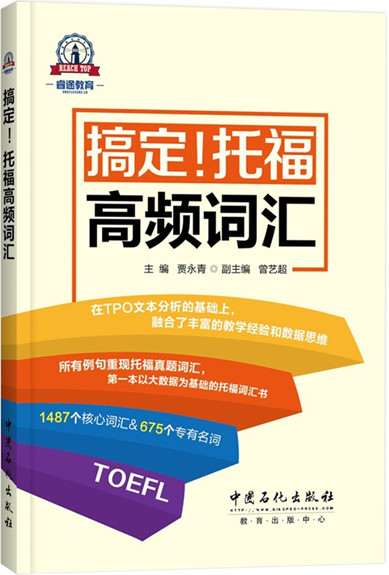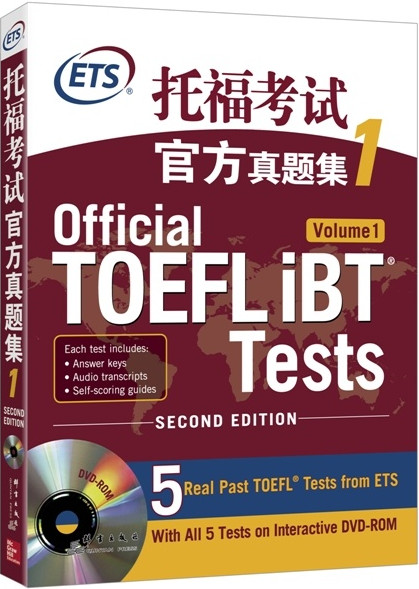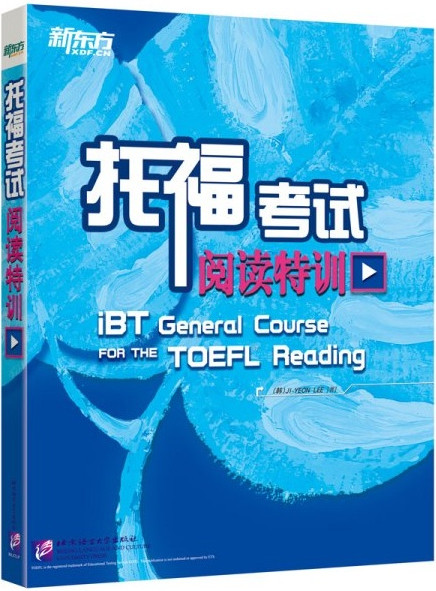6. All of the following are true of the outwork system EXCEPT
(A) It involved stages of production.
(B) It was more efficient than the systems used before 1790.
(C) It made many employers less powerful than they had been before.
(D) It did not necessarily involve any technological improvements.
7. The word "prolific" in line 23 is closest in meaning to
(A) efficient
(B) productive
(C) self-employed
(D) progressive
8. According to the passage , how did later mills differ from the mills differ from the mill built by Oliver Evans?
(A) They were located away from large cities.
(B) They used new technology to produce power.
(C) They did not allow flour to cool before it was placed in Barrels.
(D) They combined technology with the outwork system.
9. The word "it" in line 25 refers to
(A) water power
(B) machinery
(C) grain
(D) mill
10. The passage mentions which of the following as a result of improvements in factory machinery?
(A) It become easier for factory' owners to find workers and customers.
(B) Manufacturers had to employ more highly skilled workers.
(C) The amount of power required for factories operate was reduced.
(D) Factories could operate more than one engine at a time.
11. The word "eager" in line 30 is closest in meaning to
(A) wealthy
(B) knowledgeable
(C) regular
(D) enthusiastic
参考答案:DBCAB CBBCA D
- 05-22·2018年托福阅读练习试题汇总
- 05-11·2018年托福阅读材料之天文常识
- 04-06·2018年托福考试阅读试题(二)
- 04-05·2018年托福考试阅读试题(一)
- 03-31·2018年托福阅读练习试题:美国汽车城底特律
- 05-222018年托福阅读练习试题汇总
- 05-112018年托福阅读材料之天文常识
- 02-102018年托福阅读模拟试题汇总(15套)
- 11-302017年托福阅读模拟试题汇总
- 11-242017年托福阅读模拟试题:费城
编辑推荐
- 模拟试题
- 历年真题





